Bifidobacterium (A.K.A. Bifidobacteria)– The Shy Probiotic Lactic-Acid Bacteria Superstars
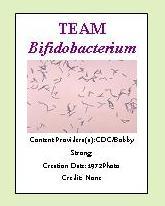 |
Bifidobacterium are the shy probiotic LAB (lactic-acid bacteria) superstars. Although you need more than one type of probiotic microbe to be healthy, these probiotic microbes play critical roles in your health. Bifidobacterium, affectionately referred to as the bifidos or so metimes bifidobacteria, are one of the important species in the human gut. What this means is that although they are not the dominant genus in the adult gut, they strongly influence what happens in the gut and the health of the gut. I've even seen them referred to as "Bifidobacillus". |
How can bacteria be shy, you ask? Well, they technically can't, but I think of them as being shy because they don't live out in the open. You usually won't find them widespread naturally in food and drink products that are exposed to air. Bifidobacteria are anaerobic, so most can't tolerate oxygen-rich environments. However, surprisingly, some species have been found on peaches!
Scientifically, Bifidobacterium is a genus of Gram-positive, anaerobic, non-sporulating, usually branched rod-shaped bacteria.
Is Bifidobacterium Safe?
The bifidos were originally identified in the feces of a breast-fed infant. These good bacteria are some of the first microbes to take up residence in the gastro-intestinal (GI) tract of newborns, and they dominate the intestines in breast-fed babies. This is one reason why the status of probiotics in the mother in pregnancy is very important! As babies age and are weaned, the bifidobacteria numbers and species change as the diet changes. Typically, their numbers continue to decrease with age.
Bifidobacterium is on the European QPS (Qualified Presumption of Safety) list and is generally regarded as safe.
What Probiotic Actions Do They Have?
Bifidobacterium, along with Lactobacillus, are some of the most well-known probiotics and are an important part of your flora. These good bacteria are lactic-acid producing bacteria (LAB), just like Lactobacillus, and they both produce vitamins, bacteriocins (antibacterial chemicals) and antibiotic-like substances. Both have significant health benefits on the digestive, nervous, and immune systems.
Unlike many Lactobacillus, however, bifidobacteria also produce acetic acid, a short-chain fatty acid SCFA).

The significance of this is that acetic acid is more effective at reducing the growth of yeasts and molds than is lactic acid. Acetic acid can also be used as energy by the human body. Producing both lactic and acetic acids and other beneficial compounds makes bifidobacteria the probiotic most qualified to be in the vagina and urogenital tract, where yeasts and opportunistic bacteria can cause distress, and also in the colon, where the opportunity for disease to flourish is greater because fecal transit time slows.
This probiotic species also produces
ethanol and other acids, can produce vitamins and can help with lactose intolerance. It also modulates mucus production in the gut, provides immune-modulating effects, produces neurotransmitters, produces B vitamins, helps with lactose intolerance, and performs many other helpful functions.
As previously mentioned, most healthy, breast-fed infants have bifidos as their dominant genera. Over time, as these babies are weaned and begin eating a varied diet, the dominance of Bifidobacterium wanes and their gut microbiome becomes more diversified. Nonetheless, research shows that the importance of the bifidos remains in the newly diversified environment.
In particular, one 2019 study reported on the examination of data from the American Gut Project, one of the largest datasets on the human gut microbiota, and on data from another large dataset. In the study, researchers explored the relationship of Lactobacillus (the "lactos") to Bifidobacterium and their relationships to the community structure of the gut microbiota. The results confirmed that although the bifidos were not THE most populated genus in the microbiota, Bifidobacterium was among the dominant genera in the human gut microbiota.
In the gut, diversity is almost always a good thing, and it is associated with health. The study also concluded that both the bifidos and the lactos were associated with diversity in the human gut microbiota, and that, as previous studies showed, the relative abundance of Bifidobacterium was significantly increased when Lactobacillus was present, but the opposite was not true.
Furthermore, in a simulated threat to the stability of the gut microbial networks, the study showed that bifidobacteria were able to sustain the health of the microbiota. This bifido-enhanced resistance to disturbance, which may be caused by things such as a high-unhealthy fat diet or antibiotics, was also shown in other studies.
Some members of this species also have a beneficial effect on us just by being within us because they can cause immune
system changes. They can help increase immune function in some cases and also have anti-inflammatory actions in other cases.
Additionally, the mere presence of some of these probiotics can cause other microbes that live in the intestines to perform helpful duties that they otherwise wouldn’t do. (Similar to how some kids will behave better and be more helpful when visiting grandparents are present!) This suggests that bifido can communicate with other beneficial bacteria to keep us healthy.
In summary, the 2019 meta-analysis study showed that Bifidobacterium may be one of the species in the human gut microbiota that controls the entire network of microbes. If you want to nurture yourself and your microbiome, be sure to include the bifidos in your plan.
How Many Bifidobacteria Are There?
|
To date, over 50 different bifido species have been identified, although only a few reside in humans. As mentioned, they are found in the human gastrointestinal (GI) tract and the female vagina and urogenital tract. They are found in the highest numbers in the colon (large intestine), although they only amount to 3-6% of the total flora in adult feces. |
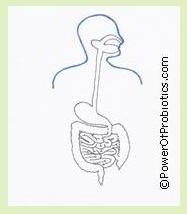 |
Bifido Species and Strains You May Encounter
Different species and even strains in those species have different effects. Some of the Bifidobacterium species and strains you may encounter on labels are:
- B. adolescentis
- B. animalis
- B. bifidum
- B. breve
- B. infantis
- B. lactis
- B. lactis DN-173 010
- B. lactis DR10
- B. lactis HN019
- B. longum
- Bifantis
- Bifidus
- Bifidus DR10
- Bifidus Regularis
- HOWARU Bifido
Where Can You Find the Bifidos?
My favorite Bifidobacterium probiotic supplement, and the one I personally use, is this one from Custom Probiotics.
|
Strains include:
|
Custom Probiotics Five Strain Bifidobacteria Why this supplement?
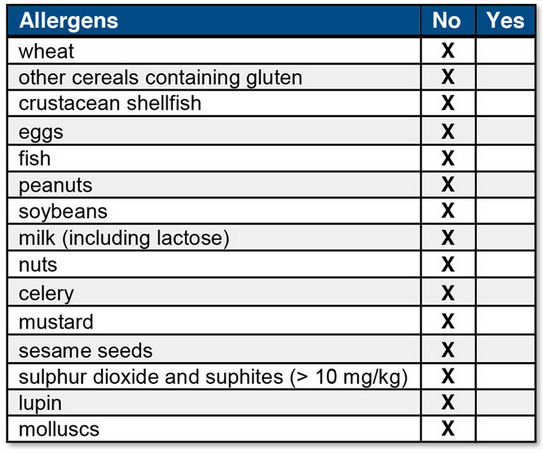 |
|
Klaire Ther-Biotic 4 has 4 Bifidobacterium-only species in it. Find it in my online dispensary. 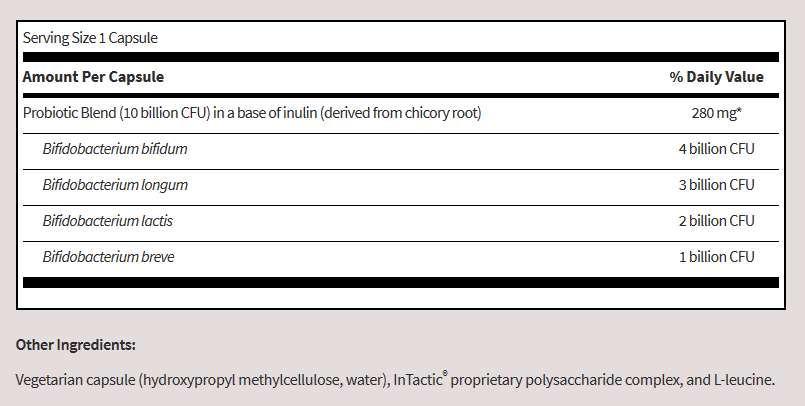 |
|
Here is my top pick for a supplement containing only B. bifidum and B. lactis from Custom Probiotics. It is a pure formulation containing only the bacteria. It contains NO dairy, sugar, gluten, soy, casein, yeast, artificial colors, flavors, preservatives, FOS or any genetically modified (GMO) or engineered ingredients. It is a powder, so it is customizable to the amount you wish to take. 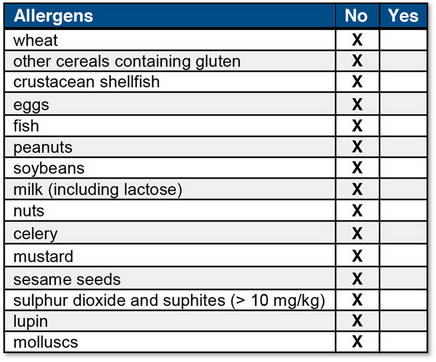 |
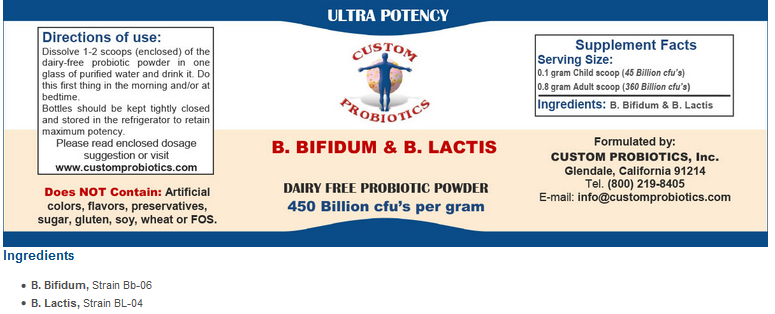
|
A probiotic supplement that contains only one strain of Bifidobacterium, B. longum 35624, is found in the product Align. |
For a probiotic shown to have positive effects on mental functioning and mood, check out the probiotic products with Bifidobacterium 1714 here.
I research studies and share my clinical experience to write this free site to help you find solutions to your problems. As part of that, I recommend products and services that I genuinely believe will be of help to you. If you click on a link to a product/service, I may receive a small commission to support my efforts if you buy something. The item does not cost you more.
Thanks for visiting this site! If you've enjoyed reading this page or have found the information to be useful to you, please "like", tweet about it, or share it so others can benefit, too. You can leave comments below via Facebook or Disqus.
Comment with Disqus (including as a guest), Twitter or Google accounts:
If you are one of my many readers without a Facebook account, you can still comment.
Disclaimer: Please note: By law, I cannot provide any personalized recommendations for your specific health concern on this site. The information contained in this site is educational in nature and is not intended as diagnosis, treatment, prescription or cure for any physical or mental disease, nor is it intended as a substitute for regular medical care. Consult with your doctor regarding any health or medical concerns you may have.
Subscribe to my occasional newsletter and receive a free copy of "How to Use Probiotics to Lose Weight and Be Healthier".

To comply with the EU's GDPR data privacy regulation, please subscribe here:
Looking for some quality professional supplements, including probiotics? Check out my online dispensary, as I will be doing reviews of some of these products in the future. Click on the Fullscript picture. (Note: If you were a former Wellevate customer, please switch to Fullscript for a better customer experience. Thanks!)
Some competitors of SBI (Solo Build It) are posting fake negative reviews of SBI. If you are considering creating your own website business, or if you have a brick-and-mortar business but want an online presence, I highly recommend SBI!


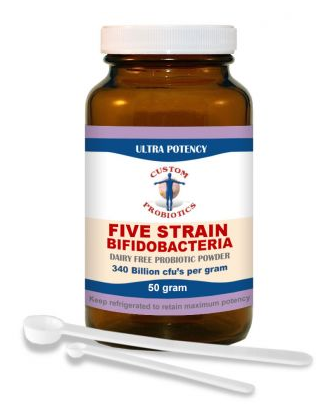

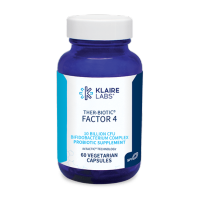
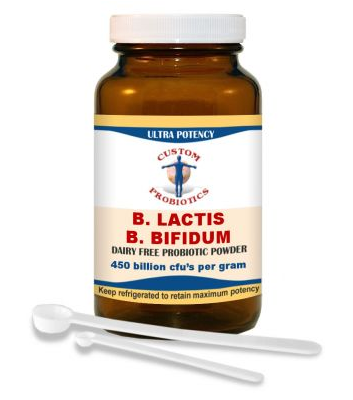
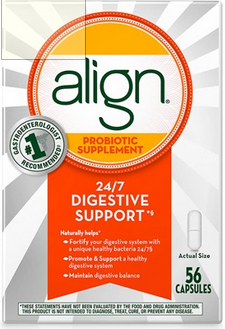
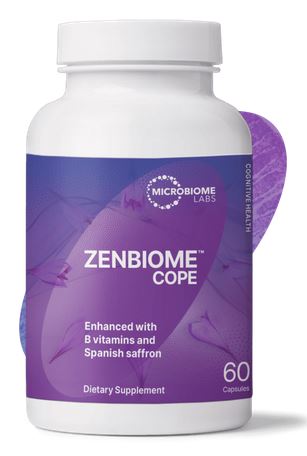



Comment with Facebook!
I'd love to hear your opinion about what you just read. Leave me a comment in the box below! Other commenting options follow the Facebook comments.